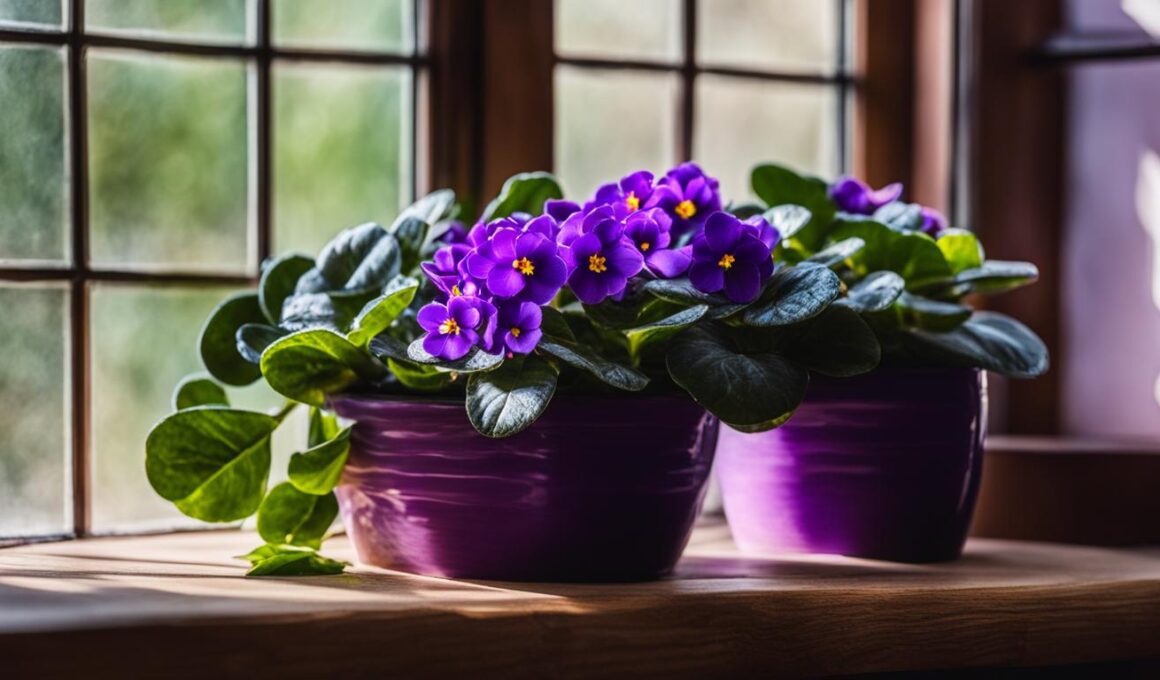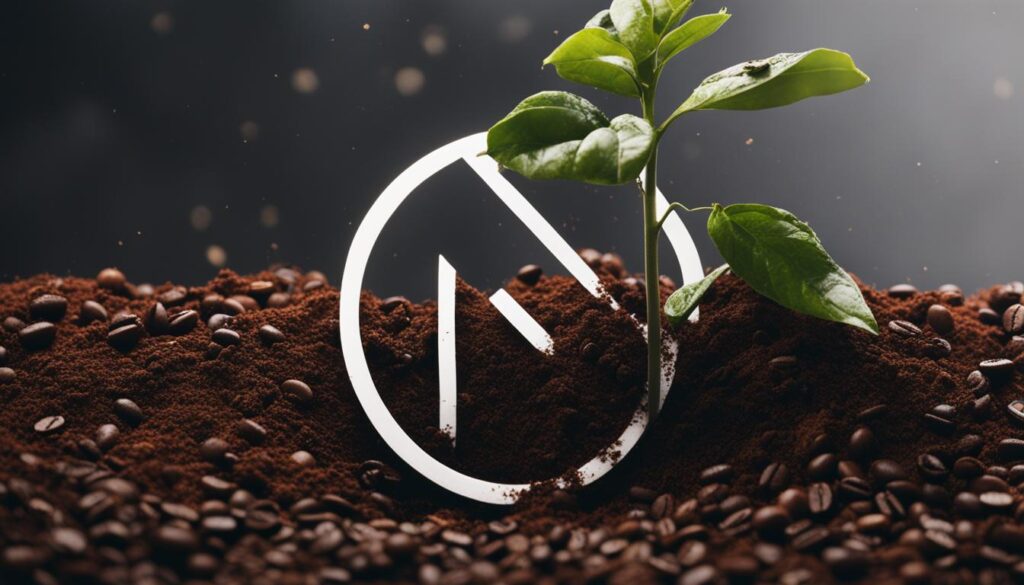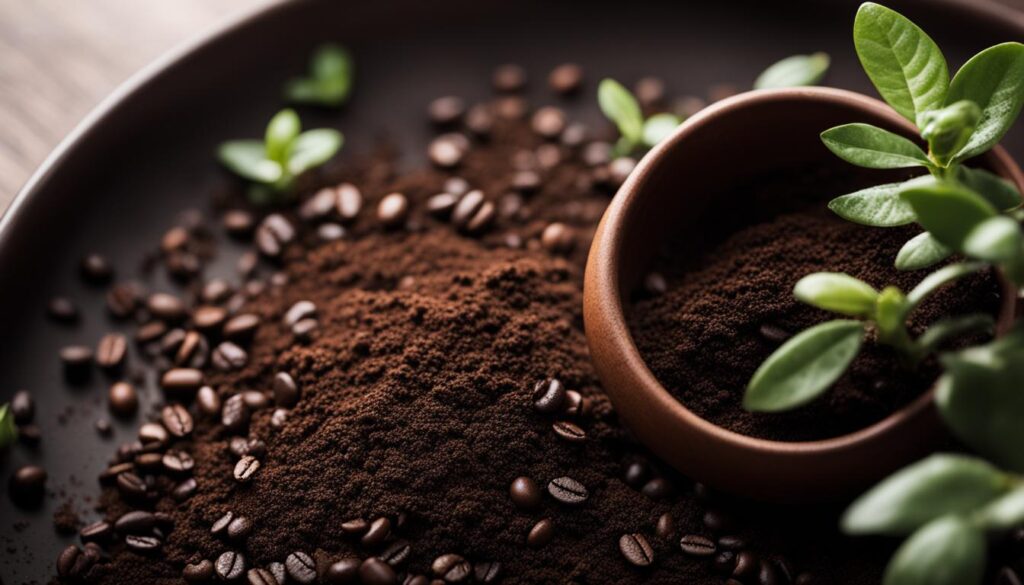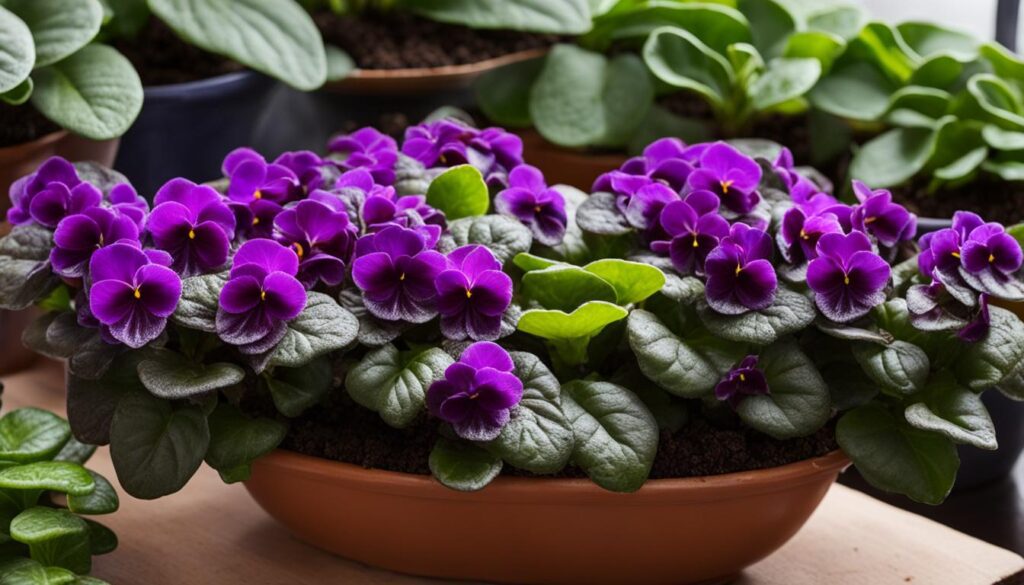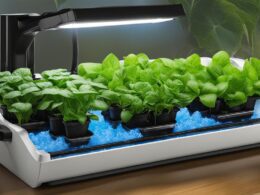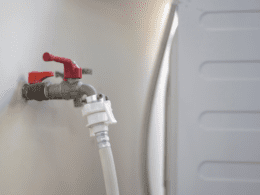Are you wondering if your African violets would benefit from coffee grounds as a natural fertilizer? It’s important to understand the specific needs of these acid-loving plants before introducing any new elements into their care routine.
While coffee grounds can be beneficial for many plants, African violets are not among them. In fact, coffee grounds can hinder their growth and cause them to struggle. To ensure the best care for your African violets, it’s recommended to avoid using coffee grounds as a fertilizer and explore alternative methods.
Post Summary
- African violets do not respond well to coffee grounds as a fertilizer.
- It’s best to choose alternative methods for caring for African violets.
- Plants like hydrangeas, rhododendrons, and roses thrive with coffee grounds.
- Coffee grounds can be prepared as a liquid fertilizer or added to compost.
- African violets prefer soil with a pH level between 5.8 and 6.2.
Plants that Like Coffee Grounds
While African violets may not benefit from coffee grounds as a fertilizer, there are several other plants that thrive when introduced to this natural nutrient source. Coffee grounds can be a great addition to the soil for plants that prefer slightly acidic conditions and require the nutrients found in coffee grounds. Here are some examples of plants that love coffee grounds:
- Hydrangeas: These beautiful flowering shrubs can produce vibrant blue flowers when the soil pH is acidic, making coffee grounds an excellent choice for fertilization.
- Rhododendrons and Azaleas: These acid-loving plants will appreciate the boost of nutrients from coffee grounds.
- Maidenhair Ferns: These delicate ferns thrive in soil enriched with organic matter like coffee grounds.
- Roses: Coffee grounds are known to enhance the growth and vibrancy of rose plants, promoting healthy blooms.
- Blueberries: These delicious berries benefit from the acidity of coffee grounds, especially if your soil is naturally alkaline.
- Carrots, Radishes, and Lettuce: Coffee grounds can help improve the soil structure and fertility for these vegetable crops, leading to better yields.
By incorporating coffee grounds into the soil of these plants, you can provide them with essential nutrients such as nitrogen, potassium, phosphorus, and valuable micronutrients. This natural fertilizer alternative can contribute to their overall health and growth.
Plants that Like Coffee Grounds
| Plant | Preferred Soil pH | Benefits of Coffee Grounds |
|---|---|---|
| Hydrangeas | Acidic | Enhances color and growth |
| Rhododendrons and Azaleas | Acidic | Increase nutrient availability |
| Maidenhair Ferns | Neutral to Acidic | Improves soil fertility |
| Roses | Neutral to Slightly Acidic | Promotes healthy blooms |
| Blueberries | Acidic | Aids fruit production |
| Carrots, Radishes, and Lettuce | Neutral to Slightly Acidic | Enhances soil structure |
As you can see, coffee grounds can be a valuable asset for these plants, providing them with the necessary nutrients for optimal growth and development. However, it’s important to note that coffee grounds should be used in moderation to avoid over-acidification of the soil. It’s always best to test the pH of your soil before adding coffee grounds to ensure you maintain a suitable balance for your plants.
How to Prepare Coffee Grounds for Plants
If you want to use coffee grounds as a fertilizer for your plants, there are several ways to prepare them. Here are three common methods:
1. Directly Scratch into the Soil
One simple method is to directly scratch the coffee grounds into the soil around your plants. Avoid burying them too deep – just a couple of inches is sufficient. This way, the nutrients from the coffee grounds will gradually release into the soil as they decompose, providing nourishment to your plants.
2. Make a “Tea” Fertilizer
Another way to use coffee grounds is to make a “tea” fertilizer. Start by steeping two cups of used coffee grounds in a 5-gallon bucket of water for about 24 hours. Once the mixture is ready, you can use it to water your plants. The liquid fertilizer will provide an instant boost of nutrients to help your plants thrive.
3. Add to Compost
Lastly, you can add coffee grounds to your compost bin. Combine them with other organic materials such as grass clippings and dried leaves. Over time, the compost will break down, creating nutrient-rich soil that can be used for all your plants. This method is not only economical but also environmentally friendly.
| Pros | Cons |
|---|---|
| Easy to prepare and use | Potential risk of mold growth if not properly managed |
| Provides slow-release nutrients | May attract pests if overused |
| Can be used for both indoor and outdoor plants | Requires additional watering for liquid fertilizer method |
By following these tips, you can effectively prepare and use coffee grounds as a natural fertilizer for your plants. Remember to consider the specific needs of each plant species and adjust the application accordingly. Happy gardening!
Best pH for African Violet Soil
African violets are delicate plants that require specific conditions to thrive, and one crucial factor is the pH level of the soil. The ideal pH range for African violet soil is between 5.8 and 6.2. This slightly acidic environment provides the optimal conditions for the plant to absorb essential nutrients and maintain its overall health.
To achieve the ideal pH for African violet soil, it is recommended to use potting mix that is specifically designed for these plants. Potting mixes formulated for African violets often contain peat moss, which helps to create the desired acidity. Peat moss is naturally acidic and helps to lower the pH level of the soil.
When repotting your African violets, be sure to use the appropriate potting mix to maintain the proper pH level. Regular potting mix, which is typically neutral, is not suitable for African violets as it may lead to nutrient deficiencies and hinder the plant’s growth. By using a potting mix with the ideal pH range, you can help ensure the long-term health and vitality of your African violets.
pH Levels for Common Substances
| Substance | pH Level |
|---|---|
| Vinegar | 2.4 |
| Lemon Juice | 2.0 |
| Battery Acid | 1.0 |
| Tomato Juice | 4.0 |
| Water | 7.0 |
| Baking Soda | 9.0 |
It’s important to note that maintaining the proper pH level in African violet soil goes beyond just the choice of potting mix. Regular monitoring of the pH level and making necessary adjustments can help ensure the ongoing health and success of your plants. pH testing kits are readily available and offer an easy way to measure the pH level of your soil.
By providing African violets with the optimal pH range, you are creating an environment that allows these beautiful plants to thrive. Careful attention to soil acidity, along with other essential aspects of plant care, will help ensure the long-term success of your African violets.
“Maintaining the proper pH level in African violet soil goes beyond just the choice of potting mix. Regular monitoring of the pH level and making necessary adjustments can help ensure the ongoing health and success of your plants.”
How to Help African Violets with pH Imbalance
If you find that your African violet is experiencing a pH imbalance, there are steps you can take to help restore its health. One effective method is to repot the plant using soil that has the appropriate pH level, which is between 5.8 and 6.2 for African violets. By checking the pH levels of the soil and repotting in suitable soil, you can provide the plant with an environment that promotes healthy growth.
When repotting the African violet, make sure to water the plant thoroughly afterward. This helps to ensure that the new soil is adequately moistened and that the plant can begin to adapt to its new surroundings. It is also essential to observe the plant for about a week following repotting to ensure that it is recovering well and showing signs of improvement.
Monitoring Soil pH
Regularly monitoring the pH of the soil in which your African violet is growing is crucial for its long-term health. You can use a pH testing kit to check the soil’s acidity or alkalinity levels. If you find that the pH is outside the recommended range, you may need to adjust it by adding specific amendments to the soil or by using a different type of potting mix designed for acid-loving plants like African violets.
| Signs of pH Imbalance in African Violets | Solutions |
|---|---|
| Brown leaf edges, stunted growth | Repot the plant in soil with the proper pH |
| Yellowing leaves, poor flowering | Monitor and adjust soil pH as needed |
| Wilting or drooping leaves | Water the plant adequately and adjust pH if necessary |
By taking these steps and maintaining the appropriate soil pH, you can help your African violets thrive and achieve their full potential. Remember to provide them with the proper care and attention they need, including monitoring the pH levels of the soil, repotting when necessary, and observing for any signs of imbalance or distress. With the right conditions, your African violets can continue to flourish and bring beauty to your indoor or outdoor space.
Conclusion
After considering the needs of African violets, it is clear that coffee grounds are not suitable for their care. African violets thrive in soil with a slightly acidic pH, which is not provided by coffee grounds. It is important to choose alternative methods for fertilizing and caring for African violets to ensure their health and thriving growth.
By using a specifically designed potting mix for African violets, you can provide the necessary acidity and nutrients that they require. This potting mix often contains peat moss, which helps maintain the ideal pH level for these delicate plants. Additionally, regularly monitoring and adjusting the soil pH within the recommended range of 5.8 to 6.2 is crucial for the overall well-being of African violets.
Remember, African violets are unique plants with specific needs. While coffee grounds may be beneficial for other plants, it is best to avoid using them for African violets. By understanding the importance of soil pH and proper plant care, you can create an optimal environment for your African violets to flourish and thrive.
FAQ
Do African violets like coffee grounds?
No, coffee grounds can inhibit the growth of African violets and may cause them to struggle. It is best to avoid using coffee grounds as a fertilizer for African violets.
Which plants benefit from coffee grounds?
Plants that thrive with coffee grounds include hydrangeas, rhododendrons, azaleas, maidenhair ferns, roses, blueberries, carrots, radishes, and lettuce.
Which plants do not like coffee grounds?
Plants such as asparagus ferns, chinese mustard, Italian ryegrass, geraniums, and African violets do not thrive with coffee grounds.
How can coffee grounds be prepared for use as a fertilizer?
Coffee grounds can be directly scratched into the soil, steeped in water to create a liquid fertilizer, or added to a compost bin to create nutrient-rich compost for plants.
What is the best pH for African violet soil?
African violets prefer soil with a pH level between 5.8 and 6.2. Using a specifically designed potting mix for African violets is recommended.
How can pH imbalance in African violet soil be corrected?
If an African violet experiences a pH imbalance, repotting the plant in soil with the appropriate pH (between 5.8 and 6.2) can help the plant recover.
Can coffee grounds be used as a fertilizer for African violets?
No, coffee grounds are not suitable for African violets. It is best to use alternative methods for fertilizing and caring for African violets.
Are Coffee Grounds Beneficial for Other Types of Plants Besides African Violets?
Yes, coffee grounds can be beneficial for other types of plants besides African violets. They can help improve soil structure, add nutrients, and repel pests. For a price comparison, tulips are generally more affordable than roses and can still add a beautiful touch to your garden.





